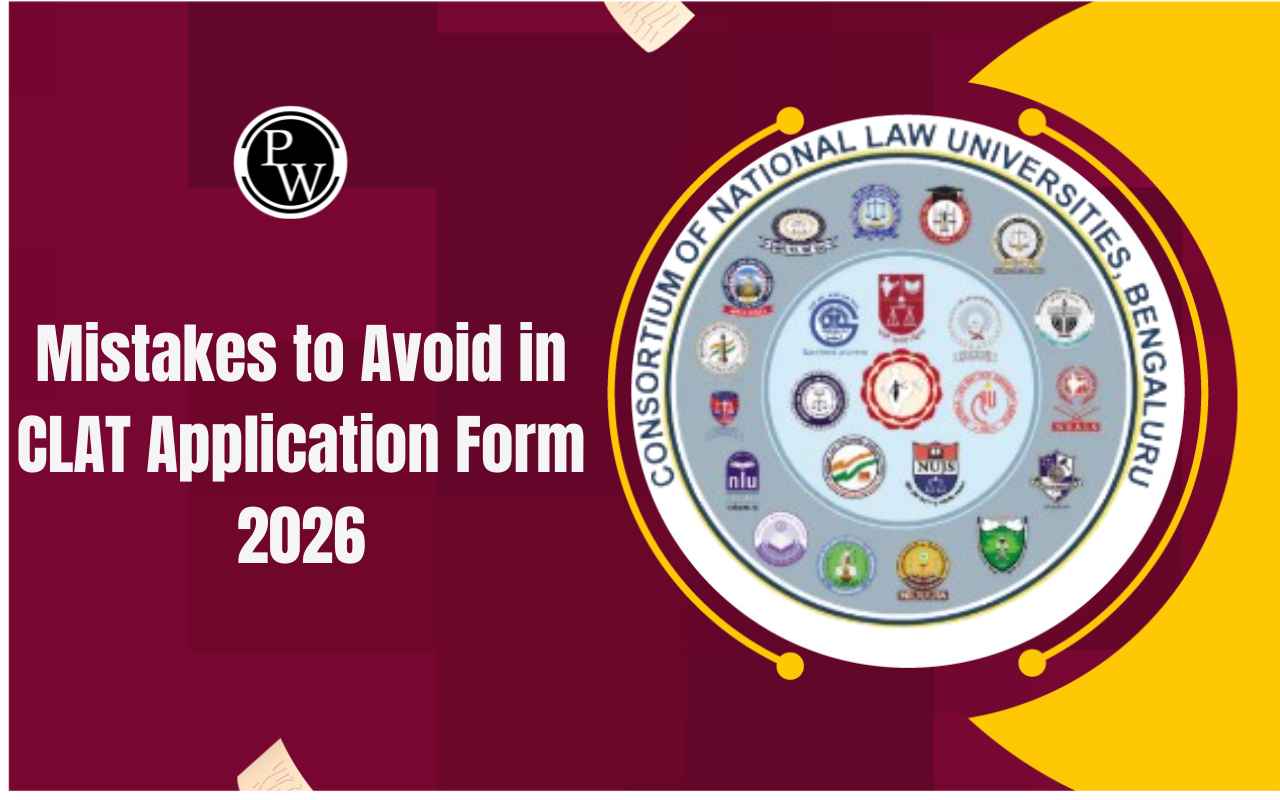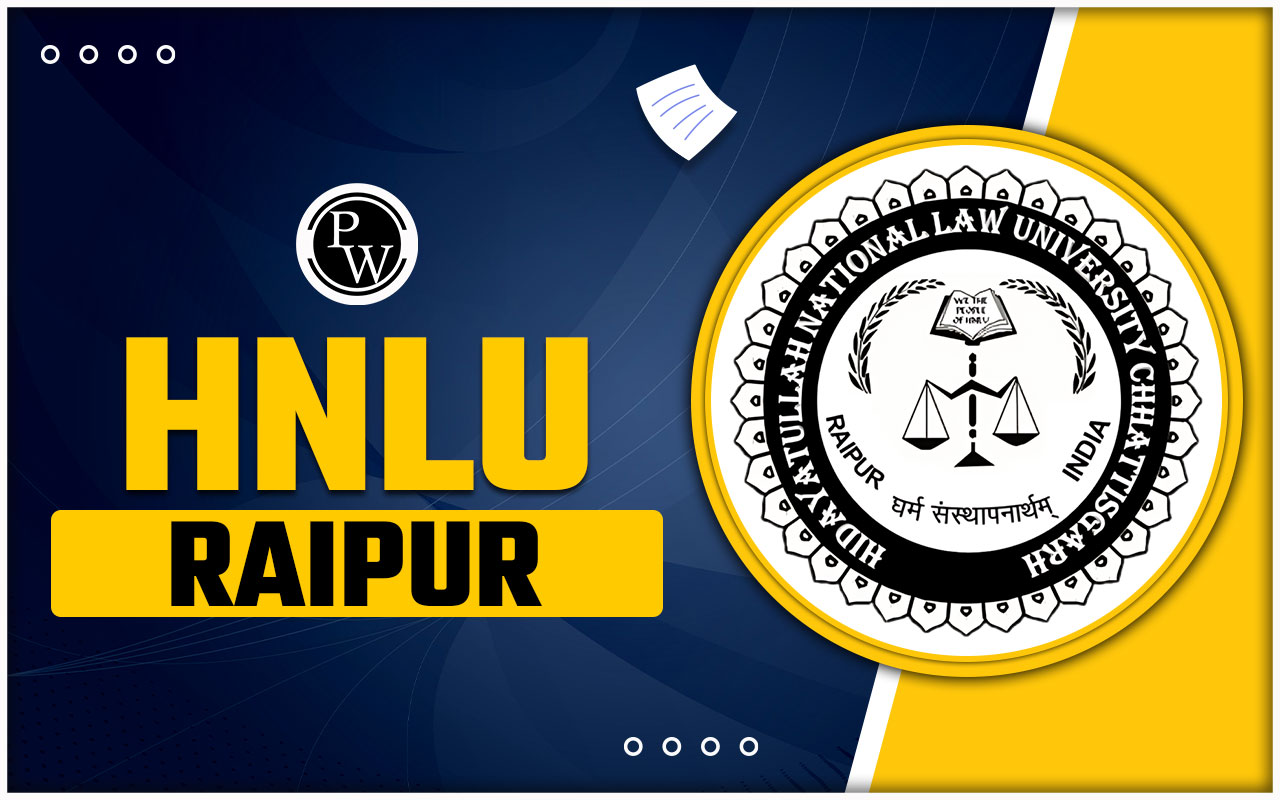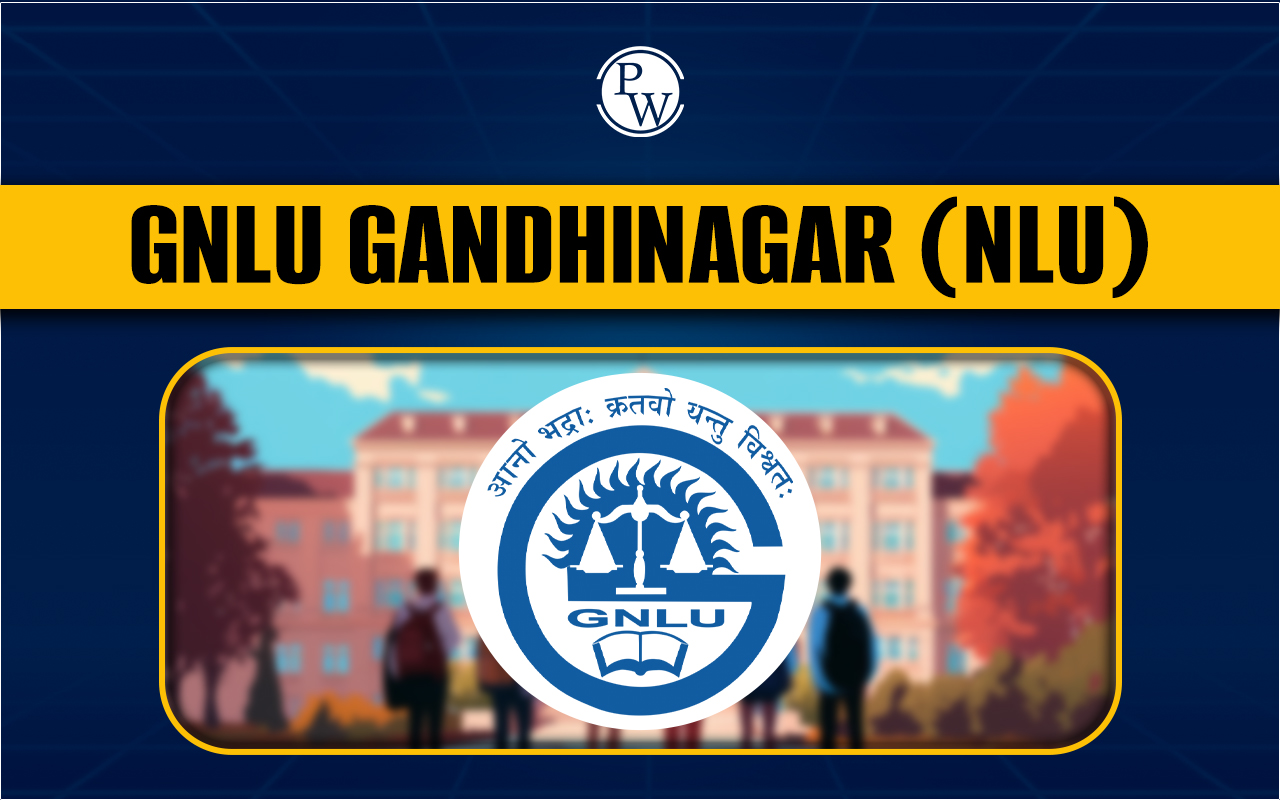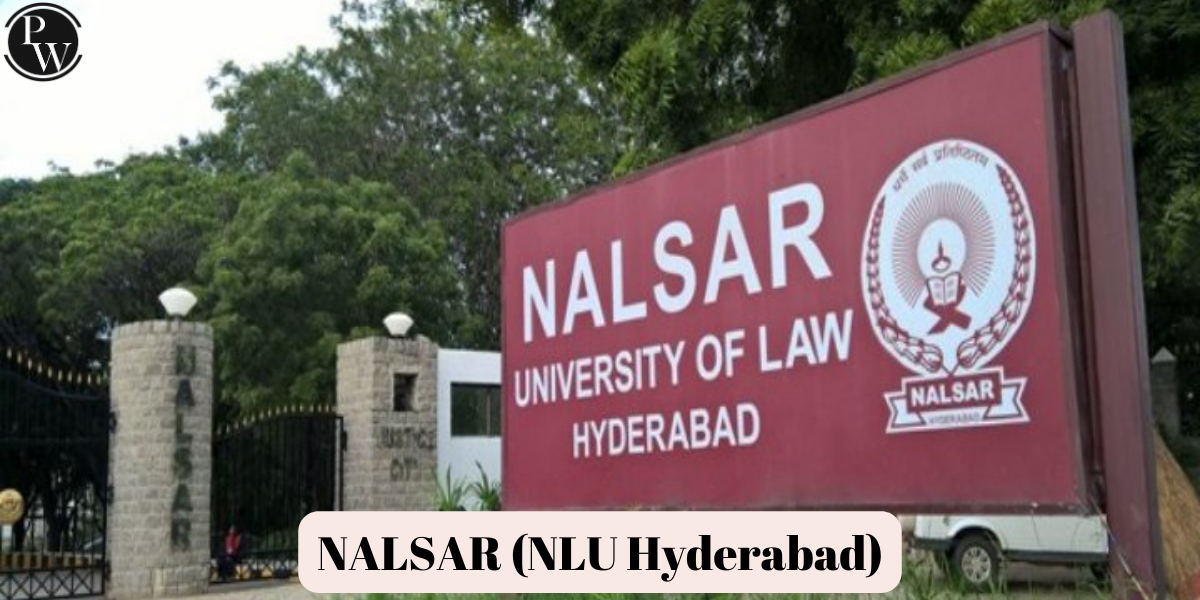

India's criminal law provides the legal framework for defining and managing offences, crimes, and their corresponding punishments. The primary legislative document governing criminal law in India is the Indian Penal Code (IPC). Criminal law is a vital component of the legal system, and understanding its principles is essential for success in the CLAT (Common Law Admission Test).
Criminal law is the body of law that deals with conduct considered harmful or dangerous to society, as defined by statutes and legal precedents. It outlines offences, establishes punishments, and provides the legal framework for prosecuting and defending against criminal charges.
Two Parts of Law of Crime
The law of crime, or criminal law, can be broadly categorised into two main areas that address different aspects of criminal justice. Understanding these two parts is crucial for comprehending how the legal system handles criminal behaviour and enforces justice. Here’s an overview of the two primary components:
-
Substantive Law
Substantive law focuses on the actual rights and responsibilities of individuals and organisations. It establishes the statutory laws that dictate acceptable behaviour in society and the penalties for violating them. This includes areas such as criminal law, civil rights, contract law, property law, and family law.
Substantial law is a form of statutory law that governs the relationship between individuals and the state. It defines people's rights and obligations and addresses the structure and specifics of legal cases.
Read More: CLAT Registration 2025 (Started)
Unlike procedural law, substantive law cannot be applied outside legal contexts. Substantive criminal law categorises various crimes, such as theft, assault, murder, and fraud. It provides detailed definitions of each crime, including the necessary elements for an act to be deemed criminal.
Key Concepts of Substantive Law
- Penalties and Sentences : This part of the law outlines the possible punishments for different crimes, ranging from fines and community service to imprisonment or capital punishment.
- Legal Principles : This includes principles such as legality (nullum crimen, nulla poena sine lege no crime or punishment without a law), mens rea (the mental state or intent of the defendant), and actus reus (the physical act of the crime).
Read More: Is CLAT Tough? A Comprehensive Analysis and Expert Opinions
Type of Substantive Law
Procedural law outlines the steps for initiating, conducting, and resolving legal matters and applies to various legal cases. The primary types of procedural law include:
- Substantive Civil Law: Substantive civil laws address disputes between individuals, organisations, or between them, where the aggrieved party seeks compensation. These laws are used by courts to determine if a complainant's legal rights have been infringed upon. To succeed in a civil case, the plaintiff must demonstrate, using relevant substantive civil laws, that they have suffered losses or injury. If successful, the plaintiff may be awarded compensation for damages or harm. While substantive civil laws enable both parties to appeal the court's decision, they do not provide constitutional protections.
- Substantive Criminal Law : Substantive criminal laws define various crimes and the corresponding punishments. A criminal case begins when an individual is accused of violating a statute. The primary objective of substantive criminal laws is to punish the offender, though sometimes the victim may also receive compensation. Courts use these laws to determine the guilt of the accused and to impose an appropriate sentence based on the criminal conduct.
- Procedural Law : Procedural law is a critical component of the legal system that outlines the rules and processes for administering justice. It governs how legal cases are initiated, conducted, and resolved in courts, ensuring that all parties follow a structured and fair process. This area of law includes procedures for filing complaints, conducting trials, presenting evidence, and appealing decisions.
Procedural law guarantees fundamental rights such as due process, ensuring that individuals are given notice and an opportunity to be heard in legal proceedings. It also specifies how evidence must be handled and the methods for enforcing court judgments. By providing a clear framework for legal actions, procedural law ensures that substantive laws are applied consistently and justly, maintaining order and fairness within the legal system.
Read More: CLAT Latest Updates 2025
Type of Procedural Law
Procedural law provides the structure for managing cases in court, including how legal actions are initiated, how evidence is handled, and how trials and appeals are conducted. Here are the main types of procedural law
- Laws of Civil Procedure: The laws governing civil procedure provide a comprehensive framework for how courts manage civil cases and trials. These procedural laws outline the steps for initiating and conducting a civil lawsuit, detailing the procedures and guidelines that must be followed throughout the legal process. They define the parties involved in a civil action, including private individuals, businesses, organisations, or institutions. Civil procedural laws also cover instances where the government or its agencies are named defendants in private parties' lawsuits.
- Laws of Criminal Procedure: In contrast, while substantive criminal laws focus on defining crimes and their corresponding penalties, criminal procedural laws, also known as corollary laws, establish the rules for applying these laws in practice. These procedures dictate how criminal cases should be managed and under what conditions. The primary goal of criminal procedural laws is to ascertain the truth and determine guilt or innocence based on evidence. This includes regulations on how evidence is presented, the procedures for witness testimony, and the methods for documenting and proving criminal acts.
Difference Between Substantive and Procedural Law
Understanding the difference between substantive and procedural law is fundamental to grasping how the legal system functions. To clarify these distinctions, the following table highlights the key differences between substantive and procedural law:
| Aspect | Substantive Law | Procedural Law |
| Definition | Defines the rights, duties, and obligations of individuals and entities. | Outlines the processes and procedures for enforcing substantive laws. |
| Purpose | To establish what constitutes legal rights and obligations and define various types of conduct as lawful or unlawful. | To provide the methods and rules for administering justice, including the handling of cases in court. |
| Focus | Concerned with the substance of legal relationships and issues. | Concerned with the methods and procedures used to enforce and adjudicate legal claims. |
| Examples | Criminal laws (e.g., laws defining theft or murder), civil laws (e.g., contract and property laws). | Rules of court procedure (e.g., filing deadlines, trial procedures), evidence handling rules. |
| Application | Applies to the determination of legal rights and duties in various contexts. | Applies to the procedural aspects of legal cases, such as how to file a lawsuit, conduct a trial, and appeal decisions. |
| Court Role | Courts use substantive law to decide the outcomes of cases based on the legal rights and responsibilities involved. | Courts use procedural law to ensure the legal process is followed correctly, ensuring fair treatment and proper handling of cases. |
| Examples of Actions | Deciding whether a contract breach has occurred or a crime has been committed. | Determining how evidence is presented, trials are conducted, and the process for filing appeals. |
| Rights and Protections | Defines the substantive rights of individuals and entities. | Ensures fair procedures and protects the rights of parties during legal proceedings. |
Unlock your potential in the dynamic field of law with our comprehensive courses at LAW Online Coaching Gain expertise from top legal minds and pave the way to a successful career in law. Enroll today and embark on your journey to legal excellence!
Criminal Law for CLAT FAQs
What is the role of criminal law in the CLAT exam?
Is CLAT necessary for pursuing a degree in criminology?
Are there specific criminal law topics I should focus on for CLAT?












